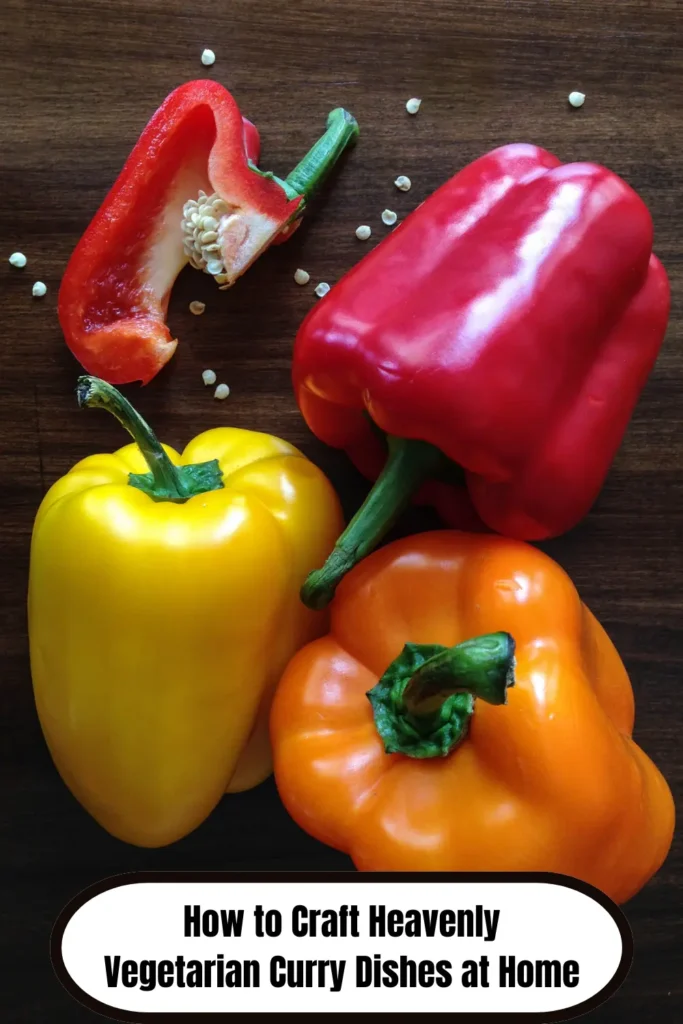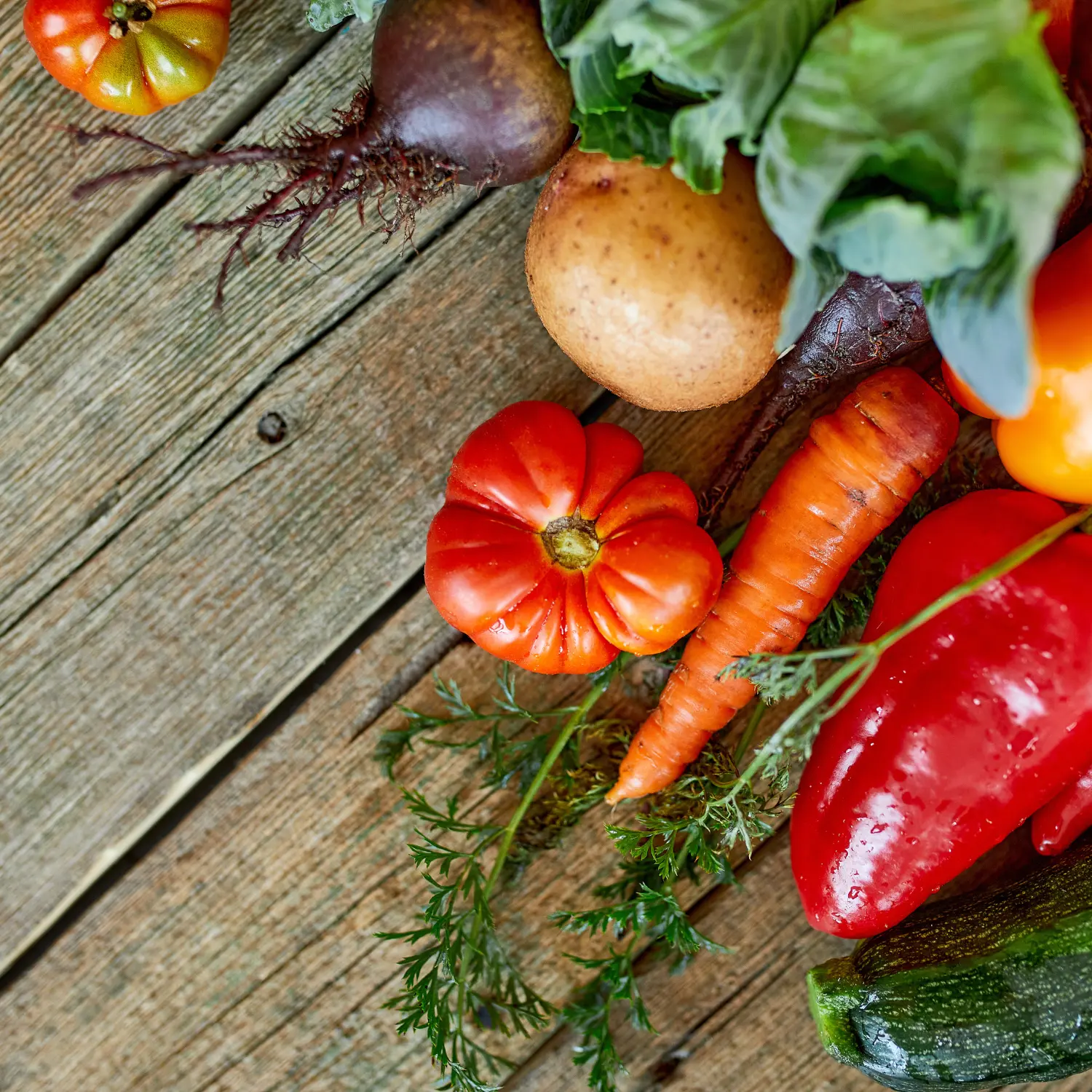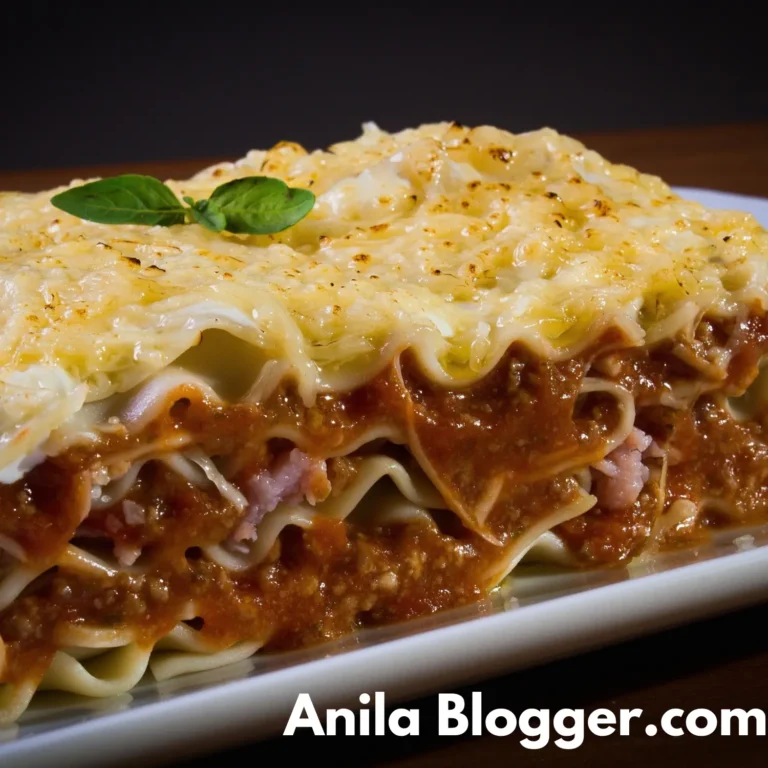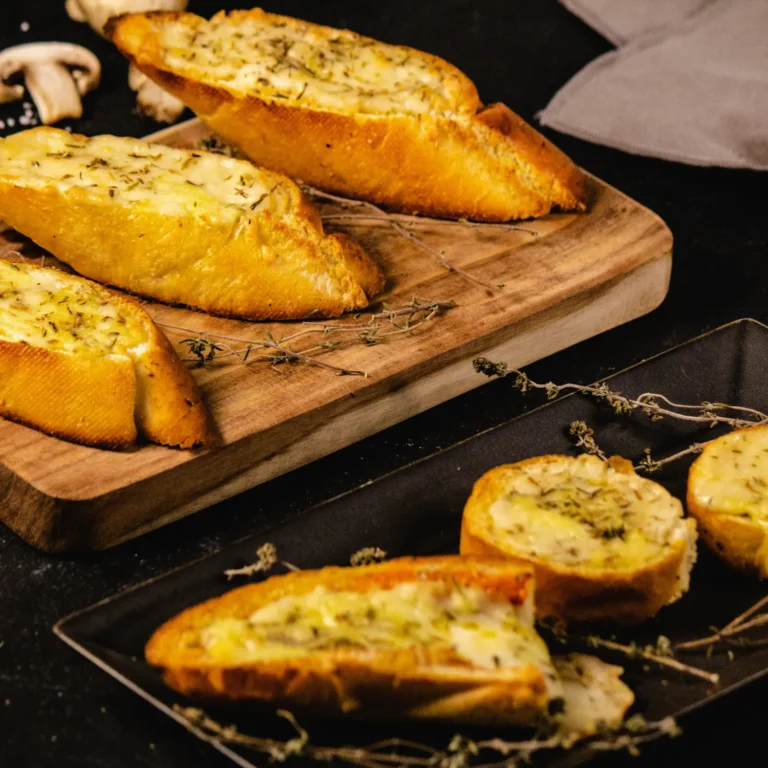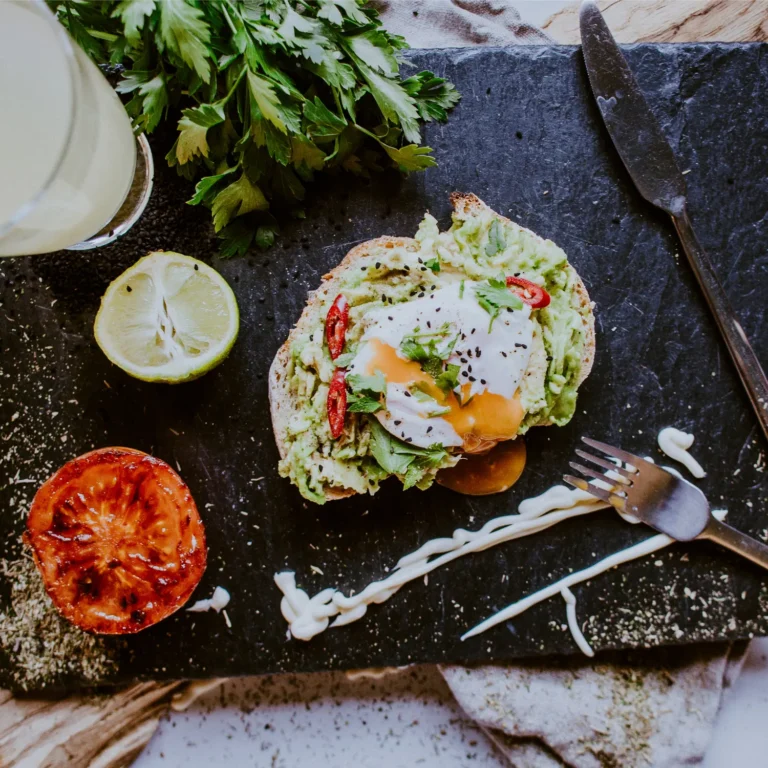How to Craft Heavenly Vegetarian Curry Dishes at Home!
Curry, a beloved dish originating from South Asian cuisine, has gained immense popularity worldwide. While traditionally prepared with meat, vegetarian curry offers a delightful alternative for those seeking a plant-based option. The harmonious blend of aromatic spices, vibrant vegetables, and rich sauces makes vegetarian curry a heavenly culinary experience.
Table of Contents
Benefits of Cooking Vegetarian Curry at Home
Cooking vegetarian curry at home not only allows for creative expression in the kitchen but also offers numerous benefits. Firstly, it provides the opportunity to control the quality and freshness of ingredients, ensuring a healthier meal. Additionally, homemade vegetarian curry can cater to dietary preferences and restrictions, making it suitable for various lifestyles. Moreover, preparing curry from scratch fosters a deeper appreciation for the cooking process and allows for customization according to individual taste preferences.
Essential Ingredients for Heavenly Vegetarian Curry
Spices and Herbs
The cornerstone of any flavorful curry lies in the careful selection of spices and herbs. Common spices include cumin, coriander, turmeric, and garam masala, each adding distinctive depth and complexity to the dish. Fresh herbs like cilantro and mint provide a burst of freshness and aroma, enhancing the overall flavor profile.
Vegetables
A colorful array of vegetables forms the heart of vegetarian curry. From hearty potatoes and carrots to tender bell peppers and eggplants, the possibilities are endless. Incorporating a diverse range of vegetables not only adds texture and visual appeal but also contributes to the nutritional value of the dish.
Protein Alternatives
For those seeking protein-rich options, there are plenty of alternatives to meat in vegetarian curry. Tofu, chickpeas, lentils, and paneer (Indian cottage cheese) are popular choices that absorb the flavors of the curry while providing a satisfying protein boost.
Step-by-Step Guide to Crafting Vegetarian Curry
Preparing the Base
Start by sautéing onions, garlic, and ginger in oil until fragrant and translucent. This forms the aromatic base of the curry, imparting depth of flavor.
Adding Flavorful Spices
Next, add a blend of spices according to your preference, allowing them to toast briefly in the oil to release their essential oils and intensify their flavors.
Incorporating Vegetables and Protein
Add the chopped vegetables and protein of your choice to the pot, stirring to coat them evenly with the spice mixture. Allow the vegetables to soften slightly before adding liquid (such as vegetable broth or coconut milk) to create a luscious sauce.
Adjusting Consistency and Seasoning
Simmer the curry gently until the vegetables are tender and the flavors have melded together. Adjust the consistency by adding more liquid if necessary and seasoning with salt and pepper to taste.
Tips for Enhancing Flavor and Texture
- Experiment with different combinations of spices to create your signature curry blend.
- Roast or grill vegetables before adding them to the curry for added depth of flavor.
- Incorporate a splash of citrus juice or vinegar to brighten the flavors of the curry.
- Finish the dish with a dollop of yogurt or coconut cream for a creamy finish.
Serving Suggestions
Vegetarian curry pairs wonderfully with steamed rice, naan bread, or quinoa for a satisfying meal. Garnish with fresh herbs and a squeeze of lime juice for an extra burst of flavor.
Conclusion
Crafting heavenly vegetarian curry dishes at home is a rewarding culinary journey that allows for creativity, customization, and the exploration of diverse flavors. By following this guide and incorporating your own personal touch, you can elevate simple ingredients into a feast for the senses.
FAQs (Frequently Asked Questions)
Can I make vegetarian curry ahead of time?
Absolutely! In fact, many argue that curry tastes even better the next day, as the flavors have had time to develop and intensify. Simply store it in an airtight container in the refrigerator for up to three days.
Can I freeze vegetarian curry?
Yes, vegetarian curry freezes exceptionally well. Portion it into freezer-safe containers or bags, leaving some room for expansion, and freeze it for up to three months. Thaw in the refrigerator overnight before reheating.
Can I make vegetarian curry without using any oil?
While oil adds richness and flavor to the curry, you can certainly sauté vegetables and spices using a splash of vegetable broth or water for a lighter option.
Save this pin!
